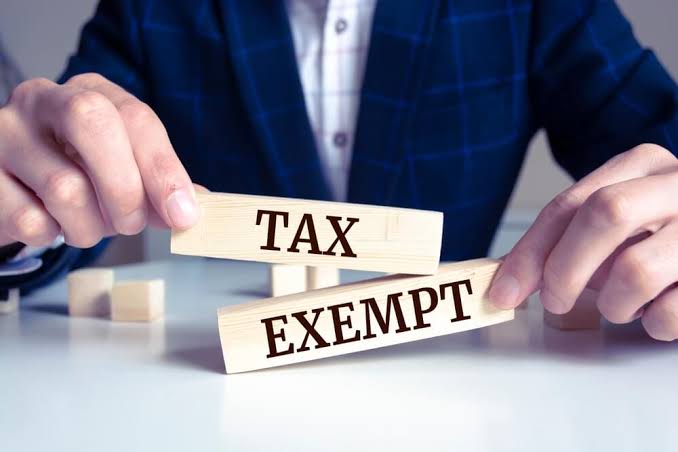The Union Budget 2025 has introduced a major tax relief for homeowners by allowing tax exemption on two self-occupied properties instead of just one. This reform removes the notional rental income tax that was previously levied on the second home, making it easier for individuals to invest in real estate without an additional tax burden.
What Has Changed?
Previously, under the Income Tax Act, if an individual owned more than one property but did not rent it out, they were still required to pay tax on notional rental income—essentially, a tax on the assumed rent they could have earned. The new policy eliminates this tax on a second self-occupied home, providing significant relief to homeowners and investors.
Industry Reactions
Experts from the real estate industry have welcomed this move, highlighting its potential impact on homebuyers and the housing market.
Domnic Romell, President, CREDAI-MCHI
“The move to allow taxpayers to claim the annual value of two self-occupied properties as nil is a significant step. Previously, homeowners could claim tax exemption on only one self-occupied property, while additional properties were subject to tax—even if they were not rented out. This progressive reform provides substantial tax relief, encourages homeownership, and acknowledges the evolving housing needs of Indian families.”
Anuj Puri, Chairman – ANAROCK Group
“This change is a positive move for residential real estate investment. By allowing homeowners to claim Nil valuation for two self-occupied properties, the government has removed the burden of taxation on notional rental income from a second home. This step minimizes tax pressures, promotes homeownership, and facilitates real estate investment, particularly in second homes and Tier 2 and 3 cities.”
What This Means for Homebuyers and Investors
- Encourages Real Estate Investment – With the removal of tax on the second self-occupied property, more individuals will be inclined to buy a second home—whether as an investment or a weekend retreat.
- Boosts Housing Demand – The reform is expected to increase demand for housing, particularly in Tier 2 and Tier 3 cities, where second-home purchases are on the rise.
- Supports Long-Term Financial Planning – Buyers can now own multiple properties for personal use without worrying about additional tax burdens, making real estate a more attractive long-term asset.
- Strengthens Rental Markets – Although the exemption applies to self-occupied properties, it reduces financial constraints on property owners, which could lead to a more flexible and dynamic rental market.
Final Thoughts
The exemption on notional rental income for two self-occupied properties is a pro-consumer, pro-real estate move that will benefit middle-class homebuyers, investors, and the housing sector as a whole. With growing urbanization and increasing aspirations for homeownership, this policy change is expected to have a lasting impact on India’s real estate landscape.
For those looking to purchase a second home, now might be the best time to invest.
Also Read: Affordable Housing Crisis: Will Budget 2025-26 Turn the Tide?









